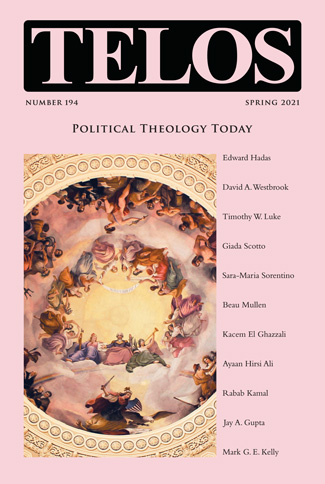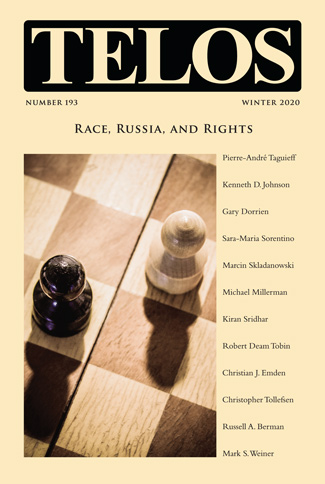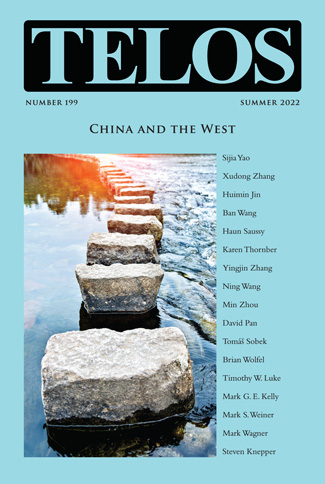Volodymyr Zelensky has virtually single-handedly demonstrated the world-historical importance of sovereignty and its mechanisms. Before his courageous insistence on Ukrainian sovereignty, the world—including the United States, with its offer of a helicopter ride for Zelensky out of Kyiv—was already treating the Russian subjugation of Ukraine as a fait accompli and the continuation of business as usual. Russia was using in Ukraine the methods that it had already successfully practiced in Chechnya, Syria, and Belarus while the rest of the world stood by to allow such methods to become normalized. By taking his stand in Kyiv, Zelensky was declaring to the Ukrainian people and the rest of the world that Russia’s invasion was in fact not a normal action that had to be accepted. Suddenly, Russia’s years-long undermining of the idea of popular sovereignty in different parts of the world had been called out as a transgression, leading to global insights about recent history and our role in its development. The nations of Europe above all, but also the United States, have had to face the extent to which their energy policies were contributing to Russia’s reshaping of global norms. Zelensky has forced us to take a stand one way or the other in deciding the political shape of the world for the foreseeable future.
|
In today’s episode of the Telos Press Podcast, David Pan talks with Mark G.E. Kelly and Timothy W. Luke about the Russian invasion of Ukraine and its consequences for world order. Our current issue, Telos 199 (Summer 2022), features essays by Luke, Kelly, and Pan on the war in Ukraine, excerpts of which appear here. Click through to read the full articles at the Telos Online website (subscription required). To learn how your university can subscribe to Telos, visit our library recommendation page. Print copies of Telos 199 are also available for purchase in our online store.
Telos 199 (Summer 2022): China and the West is now available for purchase in our store. Individual subscriptions to Telos are also available in both print and online formats.
It would be a mistake, though, to see China and the West as polar opposites or competing civilizations, separated by their opposing political interests on the one hand and by the history of each of their cultural traditions on the other hand. Even if they had separate long histories, the recent past has seen many more opportunities for interaction and orientation around common projects and problems. Moreover, since the past is always a projection from out of the present, the idea of a clash of civilizations is not a legacy but a project. An alternative endeavor would be to conceive of the relationship between China and the West as existing within a larger totality. The definition of such a totality must occur within a particular perspective, however, and therein lies the problem. China and the West are clearly competing to define the framework of global order. Consequently, any attempt to consider the relationship between the two must look to the vision of universality that each side is trying to establish against the other. This issue of Telos considers a variety of ways of defining the overarching perspective from which the comparison between China and the West makes sense. One of the surprising aspects of the Ukraine War is that it came as a surprise. After the devastation that Russia wreaked in Chechnya, after the invasion of Georgia, after the occupation of Crimea—and the list goes on: after Russia’s complicity in the destruction of Aleppo and the violence of the Wagner Group deployments especially in Africa, and, most obviously, after Putin’s explicit declaration of his intent, the West could nevertheless watch Russia prepare for the invasion and still believe that it would not happen. Before the invasion would have been the time to arm Ukraine. Instead the West succumbed to a Chamberlain-like logic of self-delusion: if we do nothing, the aggressor will dissipate. The wishful thinking of liberalism is a scourge. It remains to be seen whether the brutality of Russian violence will change that mindset in the foreign policy elite. Optimism is not warranted. |
||||
|
Telos Press Publishing · PO Box 811 · Candor, NY 13743 · Phone: 212-228-6479 Privacy Policy · Data Protection Copyright © 2025 Telos Press Publishing · All Rights Reserved |
||||





